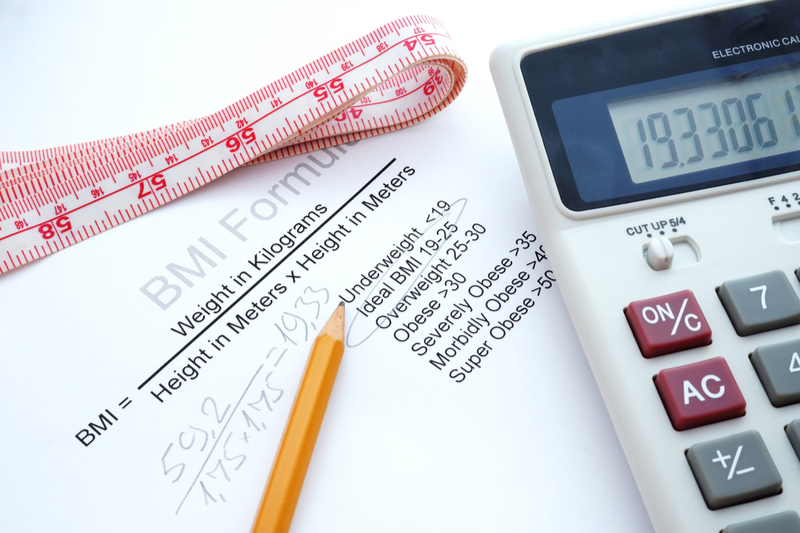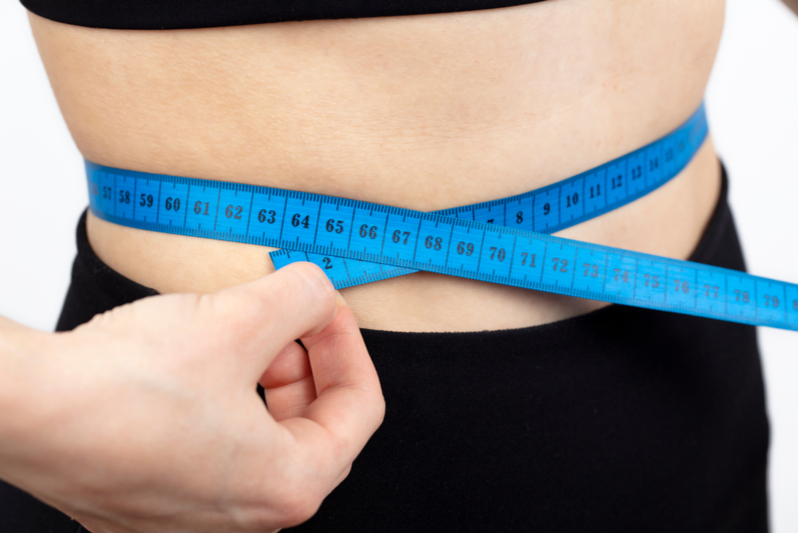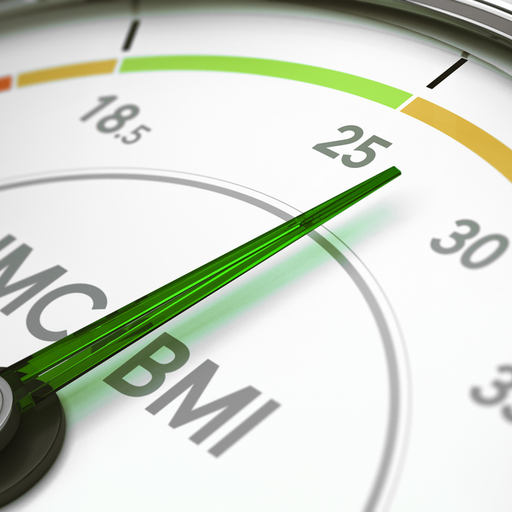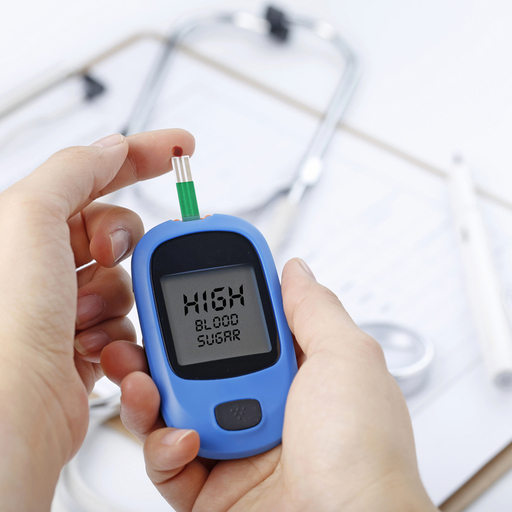As and when people start a new health routine, about a month in, they are eager to measure the results. It takes time, effort, dedication and patience to yield desired results from their fitness program.
What you should know:
After exercising, watching your diet and putting in the effort to get into shape, try to track your fitness progress to see what works the best for your body. To ensure that nothing interrupts your fitness journey:
- Check your measurements every day. You might not see changes immediately, but a detailed record will show promise in the long term.
- Keep an account of your measurements in a journal.
- Stick with the same trainer who measures you.
- Eat a balanced diet.
4 ways to track the progress of your fitness journey
That which gets measured gets improved. As you are working out, your body undergoes changes. To measure these changes, the following are the health tools you can use to stay motivated and make progress:
BMI formula

The body mass index (BMI) formula helps you measure your body weight by using your weight and height to determine whether you are underweight, at a healthy weight, overweight or obese. A BMI between 18.5 and 24.9 is considered a healthy benchmark. This health tool can help you minimize the risk of developing weight-related diseases, such as high blood pressure, cardiovascular diseases, and type 2 diabetes. You can measure your BMI with our online BMI Calculator.
Measure your waist to hip ratio (WHR)

Measuring your body parts gives a more accurate picture of your body composition. You can determine your metabolic health from your waist to hip ratio. Excess weight around the waist leads to obesity. Measure and divide your waist circumference by your hip circumference to find out the ratio, which according to the World Health Organisation, should ideally be 0.85 or lower. You can even use our online Waist To Hip Ratio Calculator. You can measure other body parts such as your chest, calves and biceps as well.
Check your blood pressure

Even if your weight remains stagnant, normal blood pressure is the testimony of a healthy heart and reduced risk of heart diseases. You can measure your blood pressure on our online Blood Pressure Calculator.
Track your workouts

Consistency is the key. As you lose fat and gain muscle, ensure that you keep a record of your measurements. Use a fitness tracker that can measure your heart rate and breathing rate while lifting, running, jogging, biking or the number of steps that you have walked in a day. You can also jot down the training volume, that is, the sets, repetitions, and weights you are lifting and the subsequent progress each week. Click post-workout photos to witness muscle growth and visualise your fitness journey.
To lead a healthy standard of life, find out more nutrition and lifestyle-related information on our Activ Living Page.





 1800-270-7000
1800-270-7000












I want to express my appreciation for the wealth of information you’ve shared in this article.